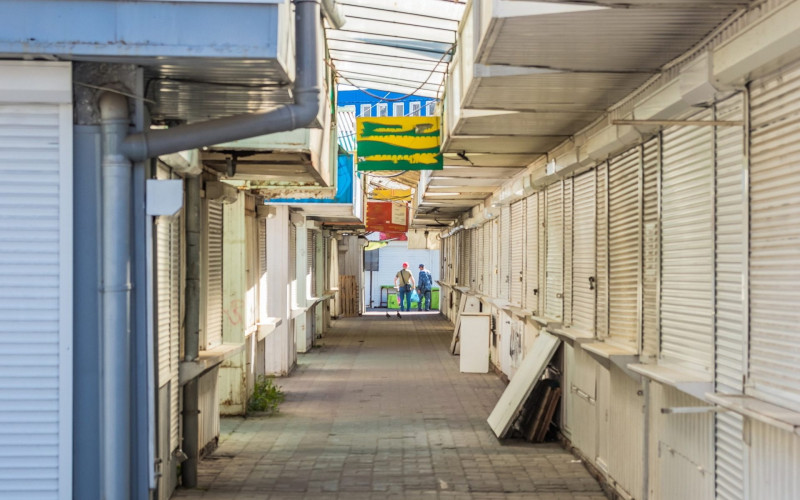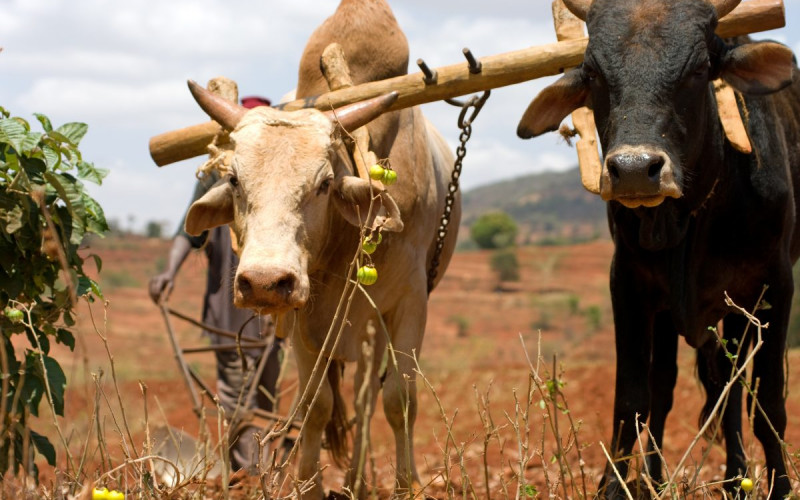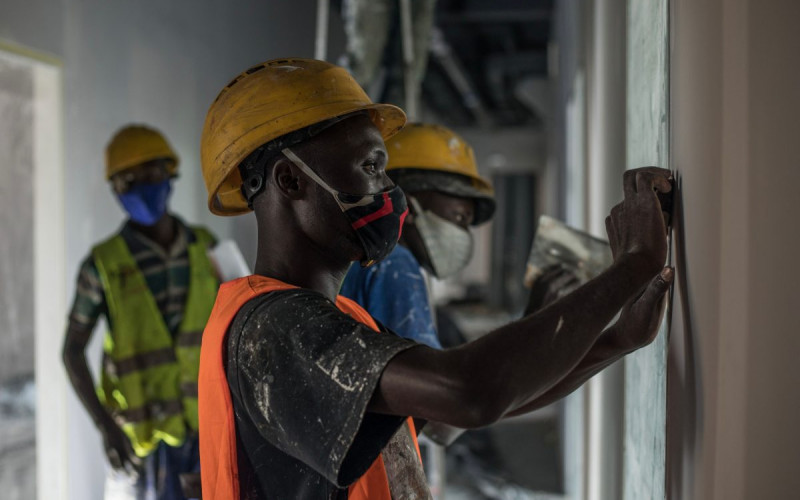Q: How can Africa effectively absorb a doubling of aid as the CFA and Sachs reports recommend?
A: Without doing anything else you can double aid levels effectively.
It is important to understand the relationship between the Sachs report and the CFA. The way we are going the Millennium Development Goals won’t be obtained for 100 years or more unless there is a major intervention in key areas. Even if Africa obtained the MDGs, it would still be far behind the rest of the world.
A pure focus on alleviating poverty won’t get you to grow. You will be dealing with the symptoms rather than the causes. Unless we enlarge the productive side of the economy, we can’t achieve the MDGs.
That is why the CFA focused on the productive side of the economy. If you were to meet all of the MDGs on health and education, the majority of countries would spend all of their resources on that and would be in debt without doing anything else. Too many countries rely on a single commodity. There is too little intra-African trade. To diversify there is a skills base that you need where aid can help. In agriculture, for example, a big problem is you don’t have the roads so you can’t get from farm to market. The route to market is fundamental to the success of changing agriculture. You have a lot of land far from the roads that cannot be used or where people cannot participate in markets. We in Africa don’t have developed infrastructure to move produce from one country to another. Focusing aid on those things can help growth.
Q: Both the Sachs and CFA reports mention significant capacity problems constraining the ability to make use of significant new aid. What can be done about the capacity shortage?
A: There are more African engineers and scientists working in the US than on the continent. We spend about $20 billion a year on importing expatriate professionals. We must change those issues and universities so we can hold people. If government doesn’t have capacity, they won’t be able to deliver. In this the regional economic communities will be vital.
Q: Trevor Manuel is South Africa’s Minister of Finance and one of 17 members of the Commission for Africa. eAfrica spoke to him at the presentation of the CFA findings to 11 former African heads of state in Johannesburg, South Africa.
Q: How can Africa effectively absorb a doubling of aid as the CFA and Sachs reports recommend?
A: Without doing anything else you can double aid levels effectively.
It is important to understand the relationship between the Sachs report and the CFA. The way we are going the Millennium Development Goals won’t be obtained for 100 years or more unless there is a major intervention in key areas. Even if Africa obtained the MDGs, it would still be far behind the rest of the world.
A pure focus on alleviating poverty won’t get you to grow. You will be dealing with the symptoms rather than the causes. Unless we enlarge the productive side of the economy, we can’t achieve the MDGs.
That is why the CFA focused on the productive side of the economy. If you were to meet all of the MDGs on health and education, the majority of countries would spend all of their resources on that and would be in debt without doing anything else. Too many countries rely on a single commodity. There is too little intra-African trade. To diversify there is a skills base that you need where aid can help. In agriculture, for example, a big problem is you don’t have the roads so you can’t get from farm to market. The route to market is fundamental to the success of changing agriculture. You have a lot of land far from the roads that cannot be used or where people cannot participate in markets. We in Africa don’t have developed infrastructure to move produce from one country to another. Focusing aid on those things can help growth.
Q: Both the Sachs and CFA reports mention significant capacity problems constraining the ability to make use of significant new aid. What can be done about the capacity shortage?
A: There are more African engineers and scientists working in the US than on the continent. We spend about $20 billion a year on importing expatriate professionals. We must change those issues and universities so we can hold people. If government doesn’t have capacity, they won’t be able to deliver. In this the regional economic communities will be vital.
Q: You have said that the benefits of Nepad ought to flow first to the countries that sign up for peer review. Why?
A: We have 24 countries signed up for peer review and they represent 73% of the African population. Within the context of Nepad, I don’t want the African Peer Review Mechanism to become a new set of conditions, but it is important that those countries that bare their souls should be recognised. Peer review brings risk and that risk should be met with the reward of the early flow of capital to states that have signed up.








